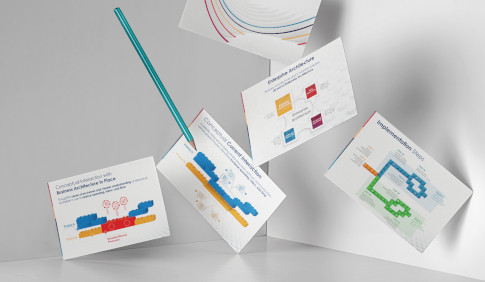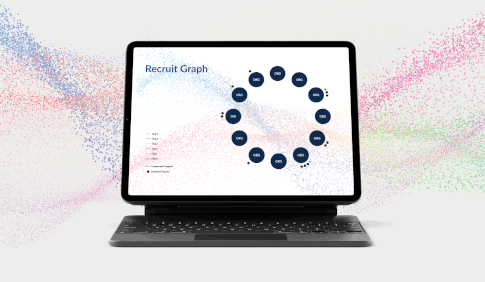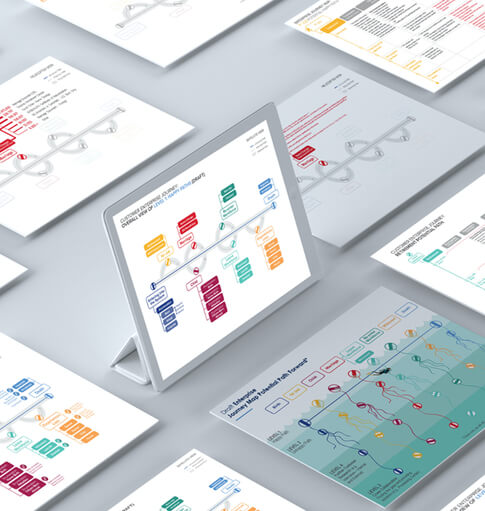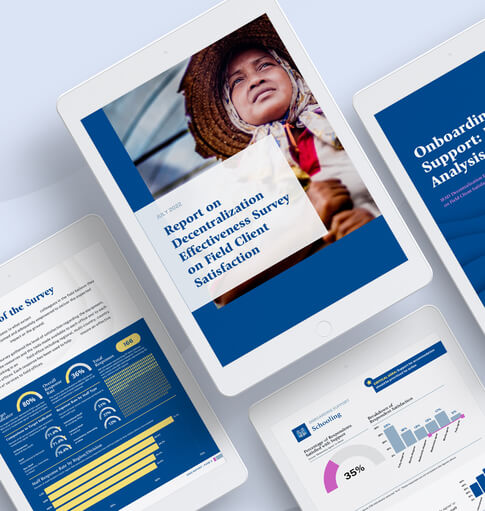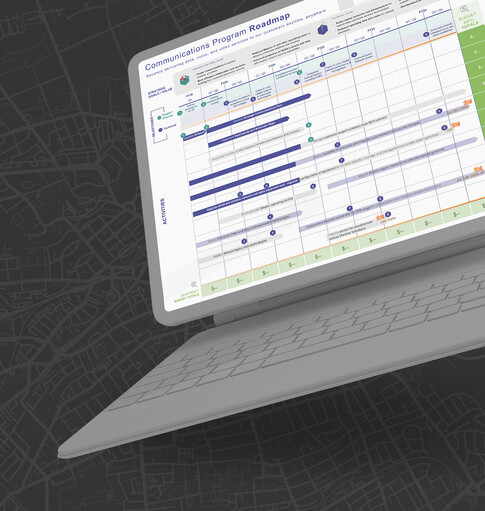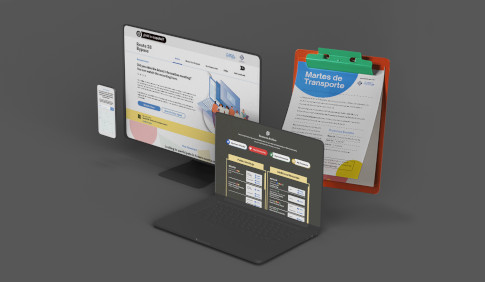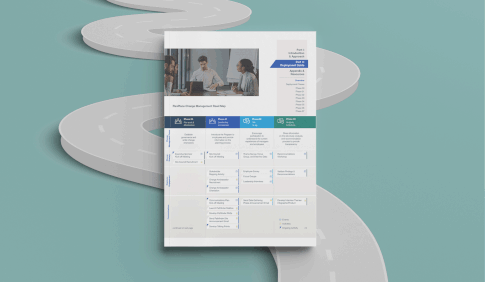The Department of Veterans Affairs (VA) National Artificial Intelligence Institute (NAII) recently hosted thought leaders from around the globe to discuss the future role of artificial intelligence (AI) in veteran health care and beyond. Tim Rund joined the event and discussions on behalf of The Clearing. Below are his takeaways from the summit.
Potential, but work remains.
The biggest summit takeaway was also the most general. Generative AI holds great promise for providers of healthcare and for patients receiving care from the Department of Veterans Affairs; however, there is still much to be done to make that promise a reality. Dr. David Rhew, Microsoft Global Chief Medical Officer, shared the following analogy to illustrate this point: The evolution of the Large Language Modules (LLM) needed for Generative AI growth is somewhat representative of going from a horse and buggy to an automobile. Just as infrastructure was limited when automobiles were first introduced, there is currently limited AI infrastructure – no roads, stop signs, or other key pieces needed to guide the way.
Needed AI guardrails.
Following on to Dr. Rhew’s comments, Lisa Rosenmerkel, the VA’s acting Chief Data Officer and Executive Director of Data Governance and Analytics in the Office of Enterprise Integration, shared that what keeps her up at night is “Preparing for AI” and needed guardrails. She shared that publicly accessible Large Language Models (LLMs) that cull information from unvetted sources represent low barriers to entry for many people and the rapid evolution of the AI technology makes it simple to use these LLMs to extract data. However, many of the individuals using these capabilities are not investing the time needed to verify the veracity and accuracy of the output data produced by these publicly accessible LLMs.
Reducing administrative burdens.
Dr Michael Pencina, Vice Dean for Data Sciences, Professor of Biostatistics & BioInformatics, and Director of AI Health at Duke University School of Medicine, described a future of AI that reduces bureaucratic overhead by helping interpret and make sense of insurance claims, billing, pre-authorization requirements, etc. He imagines AI may be able to assist in making sense of insurance company-issued explanations of benefits, allowing health care currently overwhelmed by MyChart patient queries and stuck typing in descriptions of medical appointments and visit summaries will be able to leverage conversational AI to reduce those administrative burdens.
If you’d like to hear more about the summit or want to discuss how emerging tech like AI can be harnessed at your organization, we would love to chat. Reach out anytime – we’ll be ready.
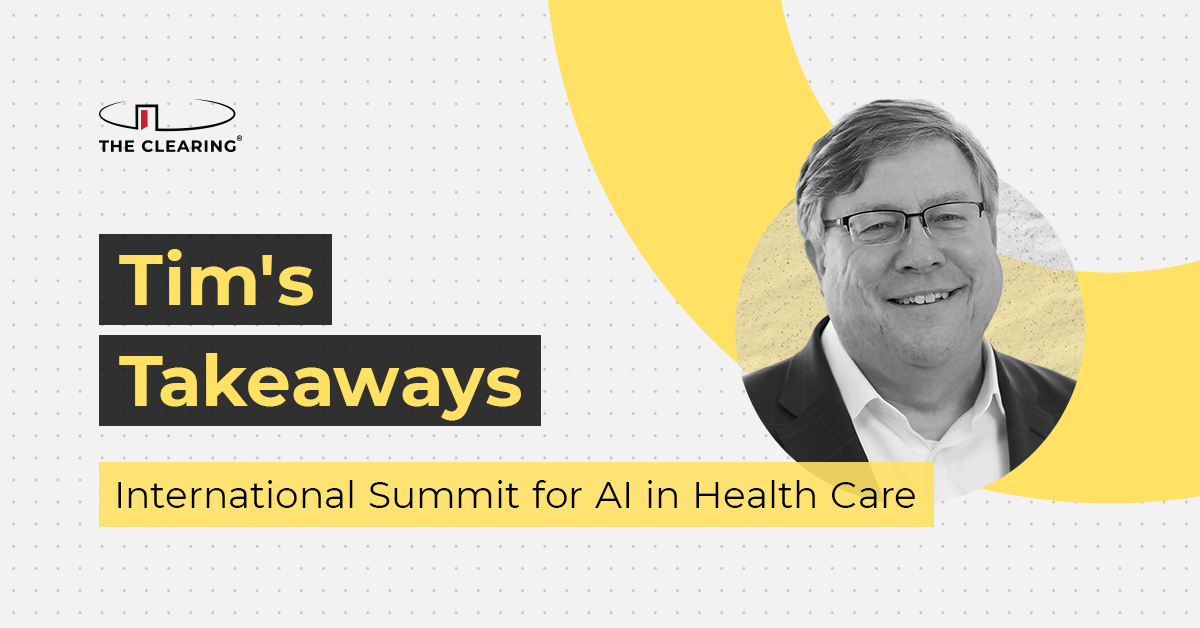
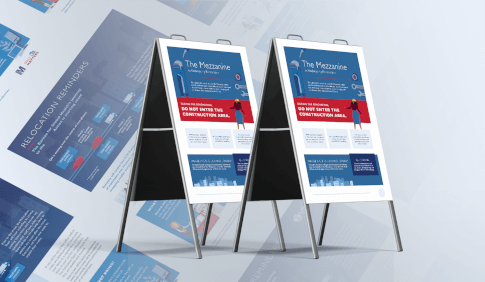
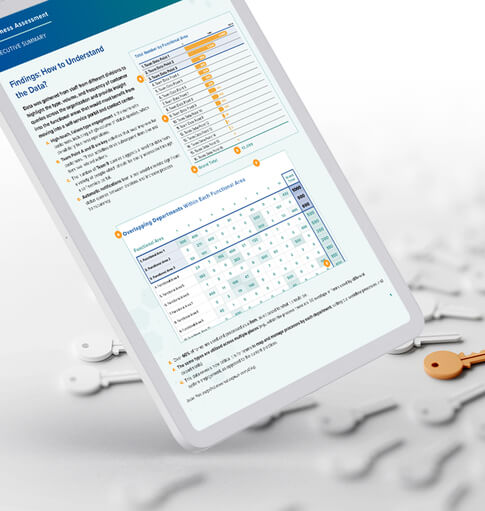



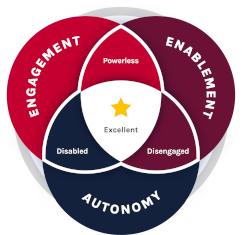 The Clearing’s Employee Experience
Improvement model, adapted from Itam
& Ghosh, 2020, focuses on three objectives:
The Clearing’s Employee Experience
Improvement model, adapted from Itam
& Ghosh, 2020, focuses on three objectives: 